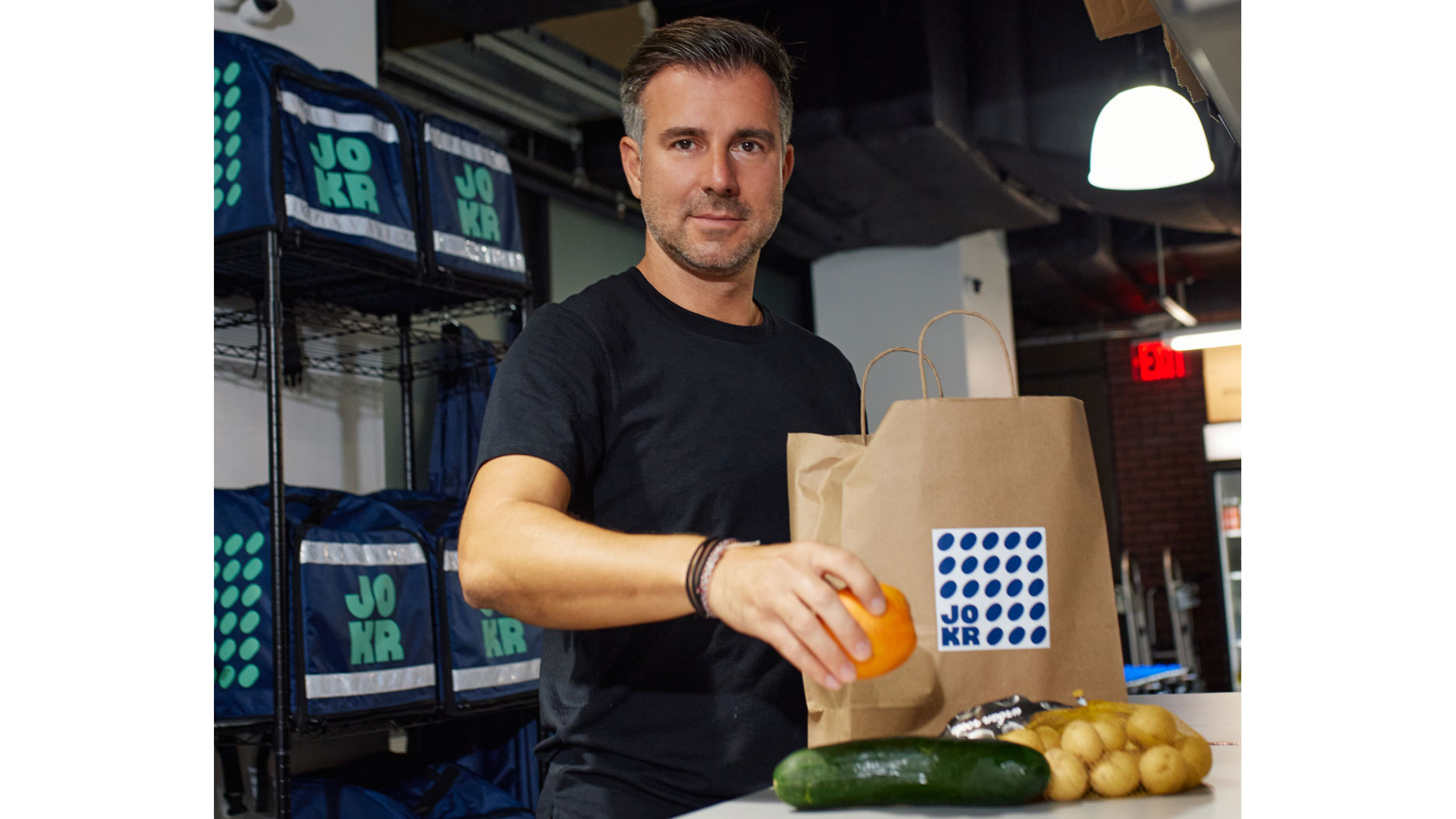Welcome to Startups Weekly, a new human version of this week’s startup news and trends. To receive this in your inbox, Sign up here.
When Andreessen Horowitz unveiled its new early-stage startup accelerator, which has been in the works for more than a year, my eyes were on two things: check size and ownership goal. I care about value-added services and micro-approaches like aiming to support multiple founders or a Web 2.5 track, but first I care about how new programs like A16z START advertise their money.
The reason? An accelerator’s standard deal says a lot about which founders they plan to attract. Some programs may promote the size of your check, others may highlight the non-dilutive nature of your cash, and a few claim that capital for access is an outdated way of working.
In this case, a16z will decide the terms of treatment on a case-by-case basis for founders who make it to the final round of the interview process. The most a founder can get is $1 million in seed funding. The vagueness and blanket approach apparently takes advantage of Sequoia’s recently announced program, which will invest a $1 million check size in founders for an undisclosed shareholding. While I am in favor of more money going to early-stage founders, I am also in favor of being told how much capital I will give up before spending time on the interview process. So, I thought the vagueness was a bit weird. Not malicious, necessarily, but weird!
Of course, Twitter tech had some ideas! One of my followers said that the wiggle room is helpful, especially for a company like A16z, for which it is their first formal foray into supporting startups ASAP. I don’t disagree with that, similar to traditional demo days, which assume every startup in a batch is ready to raise money on the same day; A standard deal assumes that each startup’s monetary needs are created equally, regardless of solution, background, or sector.
Another said the deals are silent, so other accelerators can’t copy their terms. A lot of people thought they were going after Y Combinator, because why leave all the potential to an institution looking for index funds? One day, startups may ask themselves: Y9r or a16z?
For more ideas, read my TechCrunch+ article: Why does A16z need its own Y Combinator? You can also listen to the latest Equity podcast, which covered this topic and much, much more.
In this newsletter, we’ll talk about Opendoor alumni, a post-layoff pivot, and the JOKR interview. As always, you can support me by forwarding this newsletter to a friend, following me on twitter or by subscribing to my personal blog.
when a door opens
Our offer of the week is Kindred! Maria Ana Azevedo reported this week that Opendoor alumni Justine Palefsky and Tasneem Amina founded Kindred, a startup that wants to make travel more accessible through home exchange. So far, the duo has raised $7.75 million to help make the option available to more people.
Here’s why it’s important: Opendoor’s alumni network is certainly making moves, with Kindred being the latest entrepreneurial haven to come out of the residential real estate company. This upstart is particularly notable for its focus on accessibility, something the proptech sector could always use more of.
Read this excerpt from CEO Justine Palefsky, in which she describes the “aha moment” of the startup:
“We started Kindred after we struggled with the problem ourselves. We were both working remotely and wanted to take advantage of that flexibility to travel more and work from another location. But none of the existing solutions or ways to do it really made sense to us and our lives,” Palefsky said. “We felt like we had three options. One, we could get an Airbnb somewhere, which became too expensive for trips of more than a few nights. Or you could give up your home and become a nomad. Or you could run your home like a hotel and put it on Airbnb to fund your trip. None of those options seemed right to us because they’re inconvenient and a little scary.”
Honorable mentions:

Image credits: Kritsada Seekham / EyeEm (Opens in a new window) / fake images
Flockjay lands on something new
Months after cutting half its staff, edtech startup Flockjay has come up with a new vision for how to disrupt tech sales: Start from the inside out. CEO Shaan Hathiramani talked about the pivot, the cutbacks, and what he learned when he tried to create a training ground and eventually came up with a SaaS tool.
Here’s why it’s important: The company most recently raised venture funding in an $11 million Series A in January 2021, according to data from Crunchbase. Hathiramani said the pace of growth made it feel like Flockjay was “running about six or seven businesses at a time.” He went on to say that the team was running an admissions and selection business, a training business, a training and placement business, and an alumni community, something that caused burnout among the team of less than 100 people.
More troubling, perhaps, was the fact that Flockjay wasn’t “growing up as fast as you want too.” So he turned to his board and decided to scale back the schedule until they found a more sustainable business, announced today.
The whole series:

Image credits: Fanatic Studio/Gary Waters/SCIENCE PHOTO LIBRARY (Opens in a new window) / fake images
JOKR’s new version of grocery delivery
Our very own Christine Hall sat down with Ralf Wenzel, founder and CEO of JOKR, to talk about the grocery delivery wars and his company’s differentiated model. Despite growing pains, the company raised $260 million in December to become a multibillion-dollar company. So how did you convince people that something as unprofitable and difficult to scale as grocery delivery is worth more investment money?
Here’s why it’s important: In the interview, Wenzel talks about building a “more proposal towards fresh products” such as fruits, vegetables and cuts of meat. The CEO says that by not only focusing on convenience store products, the company achieved “fully positive gross profit at the group level for our local business in all of our countries after 12 months of operations.”
To me, this indicates that customer habits have matured so much that they want more than just convenience in delivery services. Instead of a last-minute crutch, people want help with daily necessities, which means startups can set themselves apart by thinking of authentic services before everyone else.
Now I’m hungry:

Image credits: JOKR / Founder and CEO of JOKR, Ralf Wenzel
over week
Spotted on TechCrunch
‘Decentralized’ web3 startups find out the hard way there’s no safety net
Coinbase CEO Says Apple’s Crypto Rules Highlight “Potential Antitrust Issues”
Obama Says Social Media Is ‘Well Designed’ To Destroy Democracies
Plaid co-founder’s next venture is a bank to power fintech apps
Web Scraping Is Legal, US Court of Appeals Reaffirms It
Spotted on TechCrunch+
How to introduce myself: 6 investors discuss what they are looking for in April 2022
Study the basics of churn rate to establish customer and revenue benchmarks
Dear Sophie, Can a startup sponsor a graduating co-founder?
Until next time,
